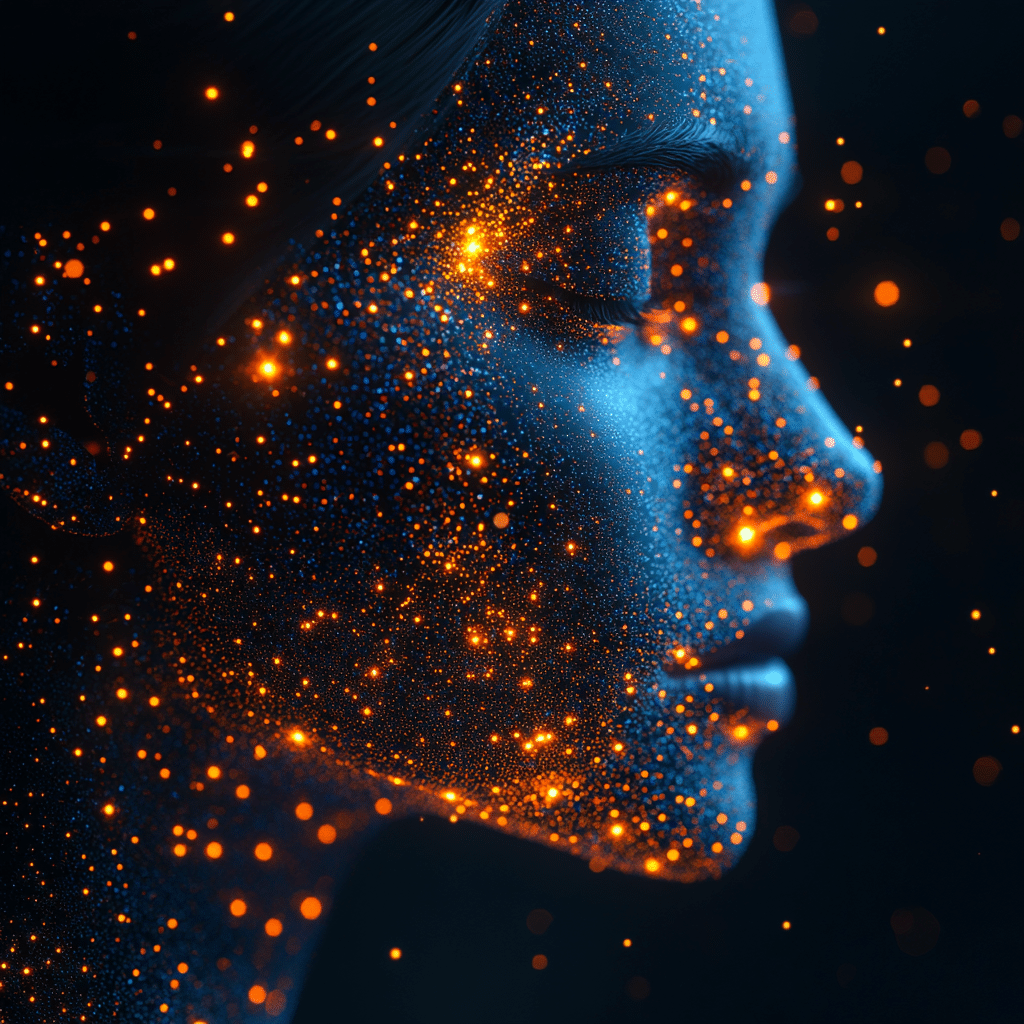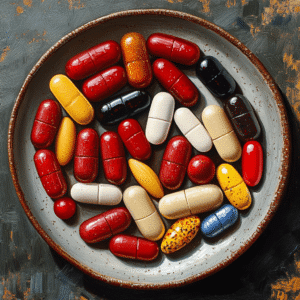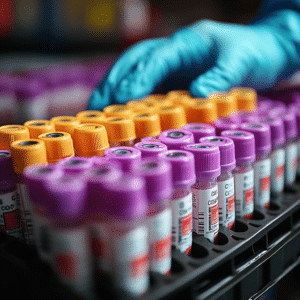As we dive into the intersection of AI and addiction recovery, it’s hard not to feel a spark of hope. The application of artificial intelligence in addiction treatment is not just a passing fad; it’s reshaping how we confront substance use disorders. For many parents, including those supporting children grappling with addiction, this could mean a new dawn of more personalized, effective treatment plans. Let’s dig into how this technology is revolutionizing recovery.
1. How AI is Revolutionizing Addiction Recovery Strategies
Artificial intelligence is becoming a game changer in addiction recovery, modifying the traditional cookie-cutter approaches into something far more tailored to individual needs. Companies like Pear Therapeutics are leading the way with their innovative digital therapeutic called Reset. This tool employs cognitive behavioral therapy that helps individuals manage their substance use disorders right from their devices. Think about it! With AI, treatment plans can morph based on a patient’s ongoing progress, a level of customization that traditional models often lack.
But that’s not all! When you integrate AI and addiction recovery, you also gain real-time insights into how someone is responding to treatment. For instance, by tracking engagement and mood patterns, AI can signal healthcare providers to make adjustments as needed, ultimately enhancing the chances of successful recovery. This personalized attention can bring peace of mind to worried parents and families, knowing they are capitalizing on a treatment plan that is evolving with their loved one.
2. Top 5 AI Applications in Addiction Recovery
Let’s get into the meat of it. What are the standout applications of AI that are reshaping addiction recovery? Here are five of the most promising technologies:
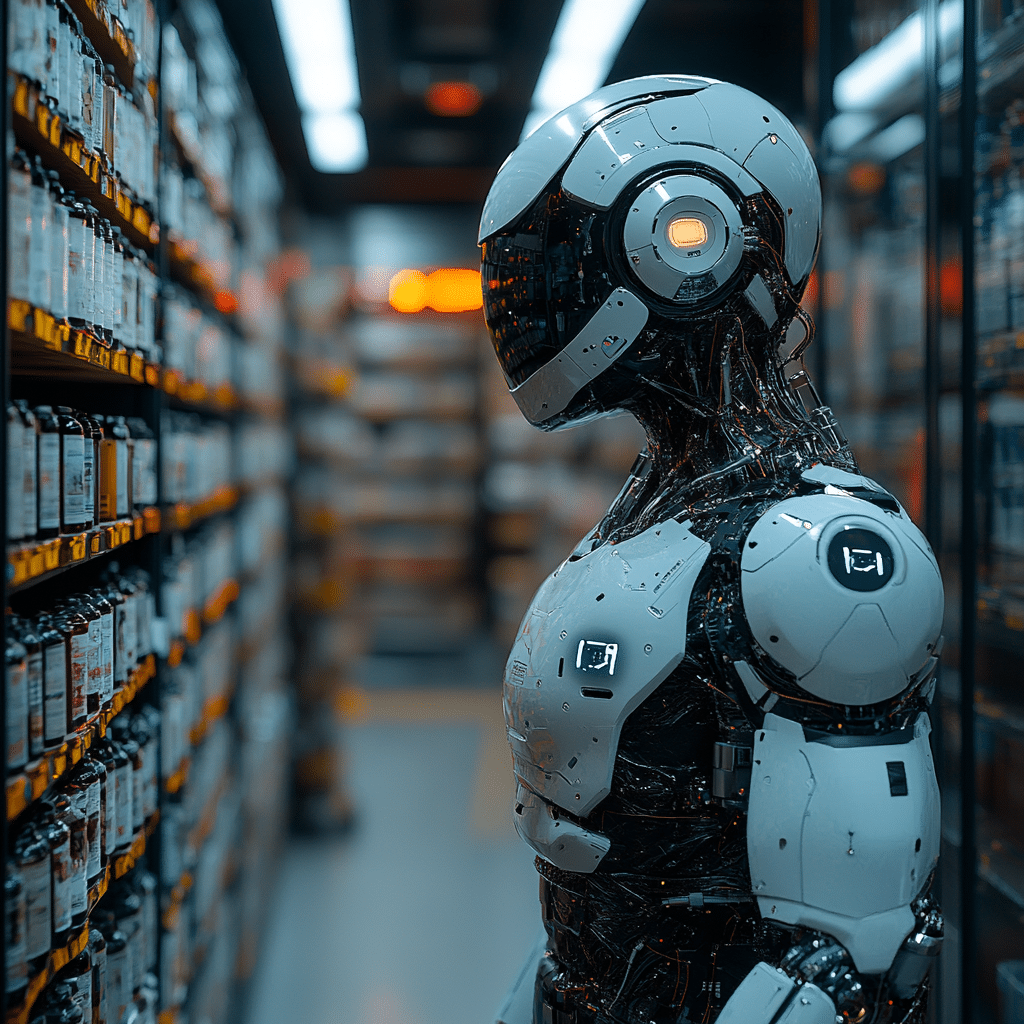
3. The Role of Data in Enhancing Recovery Outcomes
Data is fuel for the fire when it comes to advancing AI and addiction recovery. The power of AI lies in its ability to analyze heaps of data—from social media habits to health records. Research from the National Institute on Drug Abuse emphasizes that addiction is deeply influenced by social contexts. AI can identify these nuances accurately, paving the way for more comprehensive treatment approaches.
For example, by observing patterns in a user’s mood and social behavior, AI can alert health professionals about potential red flags before they erupt into crises. This proactive strategy allows for nimble adjustments to treatment plans, creating a safety net that can drastically improve recovery results.
Additionally, the integration of AI doesn’t just bolster drug treatment but extends its arms to family members as well. Understanding the social dynamics around a person struggling with addiction can help inform how parents and loved ones can better support them in their recovery journey.
4. Ethical Considerations in AI and Addiction Recovery
Before we all jump on the AI bandwagon, we need to have a serious chat about the ethical implications of using technology in addiction recovery. While AI promises a plethora of benefits, it also opens the door to several ethical concerns, particularly regarding privacy and data security. Healthcare organizations must uphold strict compliance with laws like HIPAA in the U.S. to protect sensitive personal information.
Transparency is equally vital. Patients have the right to understand how AI algorithms work and how their data is utilized. This transparency not only builds trust but also encourages patient engagement in their recovery journey. It’s essential that we establish guidelines and best practices to ensure that both individuals and their families feel secure in the technological landscape being created around them.
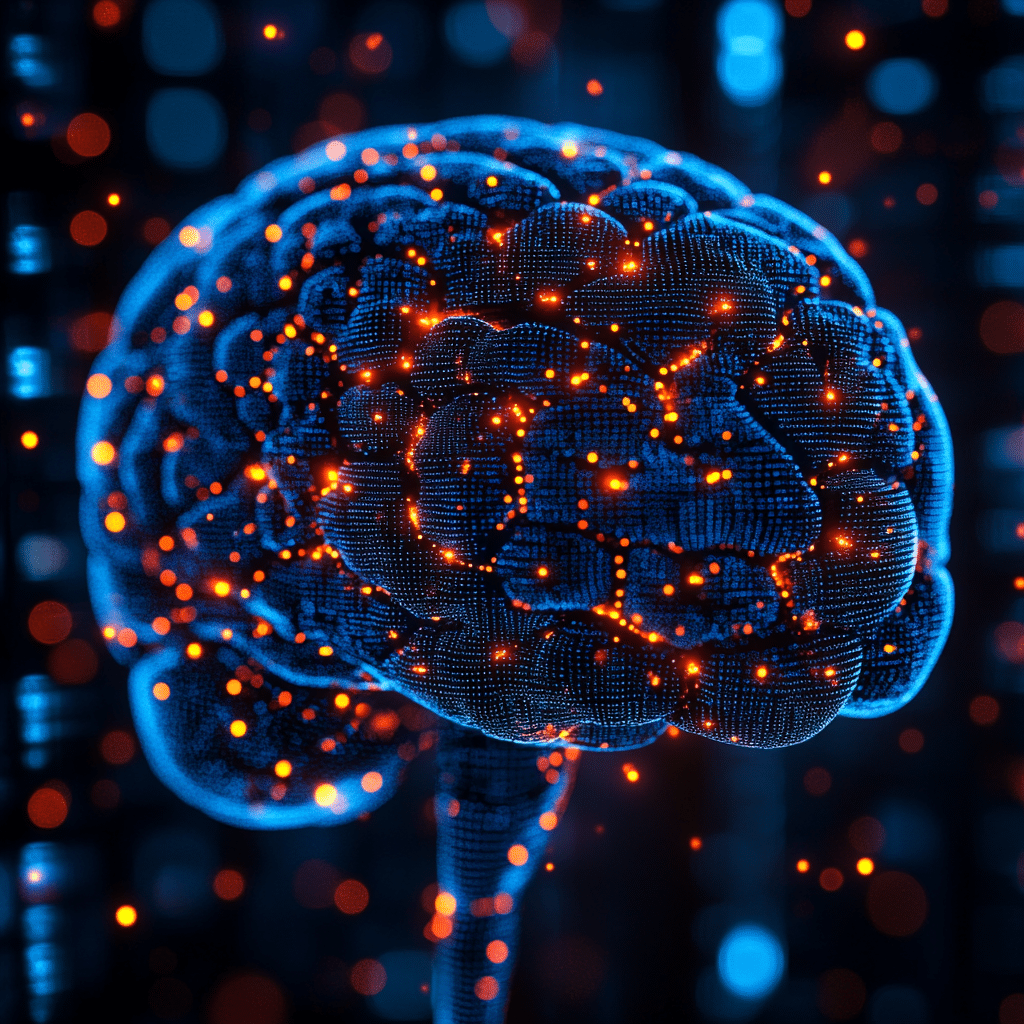
5. Future Trends of AI in Addiction Recovery
As tech continues to leap forward, the outlook for AI and addiction recovery remains bright. The next wave of advancements will likely revolve around machine learning, which can yield treatment plans tailored to a patient’s unique genetic and environmental background. Initiatives like the All of Us Research Program focus on personalized healthcare solutions, and addiction treatment is no exception.
Moreover, wearable technology is set to play an indispensable role in real-time treatment adjustments. Think about devices that monitor physiological data to alert providers immediately when intervention is required. By embracing this innovative tech, we can elevate recovery efforts, making them more responsive and effective.
Innovative Wrap-Up
The confluence of AI and addiction recovery signifies a transformative era in treatment delivery. By leveraging data, cutting-edge technology, and personalized strategies, recovery can become a more attainable journey. As we navigate these advancements, it’s critical for all stakeholders—from healthcare providers to families—to foster an environment that emphasizes ethical practices while reaping the benefits of AI. Together, we can create a future where recovery is not just a flickering hope but a palpable reality for families everywhere.
At Mothers Against addiction, we are dedicated to supporting parents and loved ones affected by addiction, empowering them with resources, and nurturing a community grounded in understanding and resilience. Whether you seek guidance on the role of technology in rehab or explore options for wearable tech For recovery, remember, you are not alone. This journey may be tough, but hope and healing are within reach.
AI and Addiction Recovery: Fun Trivia and Interesting Facts
The Rise of AI in Recovery
Did you know that AI technology has been making waves in addiction recovery programs? As treatment plans evolve, this innovative approach offers new paths for those battling addiction. In fact, AI algorithms can analyze patterns in individual behavior, making treatment more personalized. It’s kind of like how applying tech can improve areas like rehab settings, as discussed in this article on Technology use in Rehab. The data collected can reveal which interventions work best—just like discovering the tastiest fat free cheese that fits your diet!
Personalized Support Through AI
AI and addiction recovery work hand-in-hand to create a unique approach to treatment. For instance, chatbots can provide 24/7 support, offering a listening ear when someone needs to talk. This level of support can be a game-changer during difficult moments. Speaking of support, people often think about stability in their lives, such as knowing the income needed For a 400k mortgage. Just like financial planning, having a structured support system in recovery can mean the difference between success and setbacks.
Future Innovations on the Horizon
Let’s not forget about the exciting future innovations in AI for addiction recovery! Researchers are always exploring new possibilities, making treatment more effective and inclusive. Think back to some of those fun old Nickelodeon Shows from your childhood. They faced challenges with humor and creativity—much like how AI is reshaping the recovery landscape. By leveraging technology, the goal is to create engaging programs that resonate with individuals, as they embark on their own recovery journey. All in all, AI and addiction recovery don’t just mix; they have the potential to transform lives!


